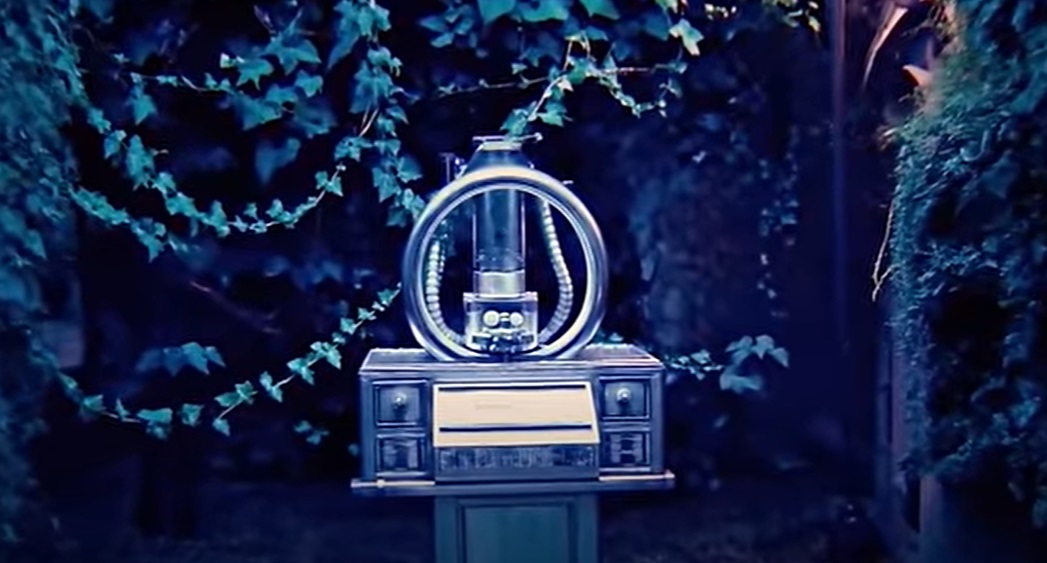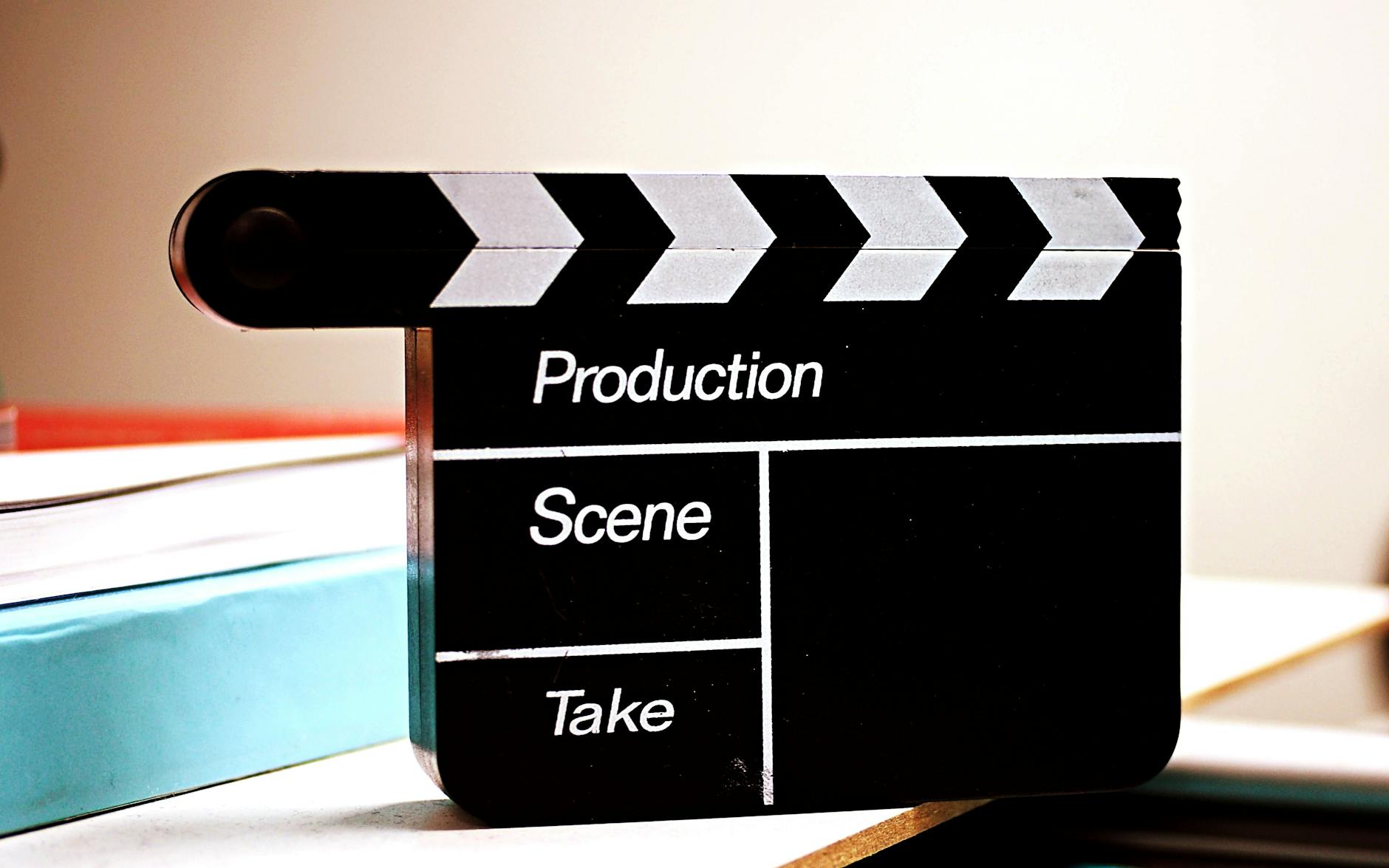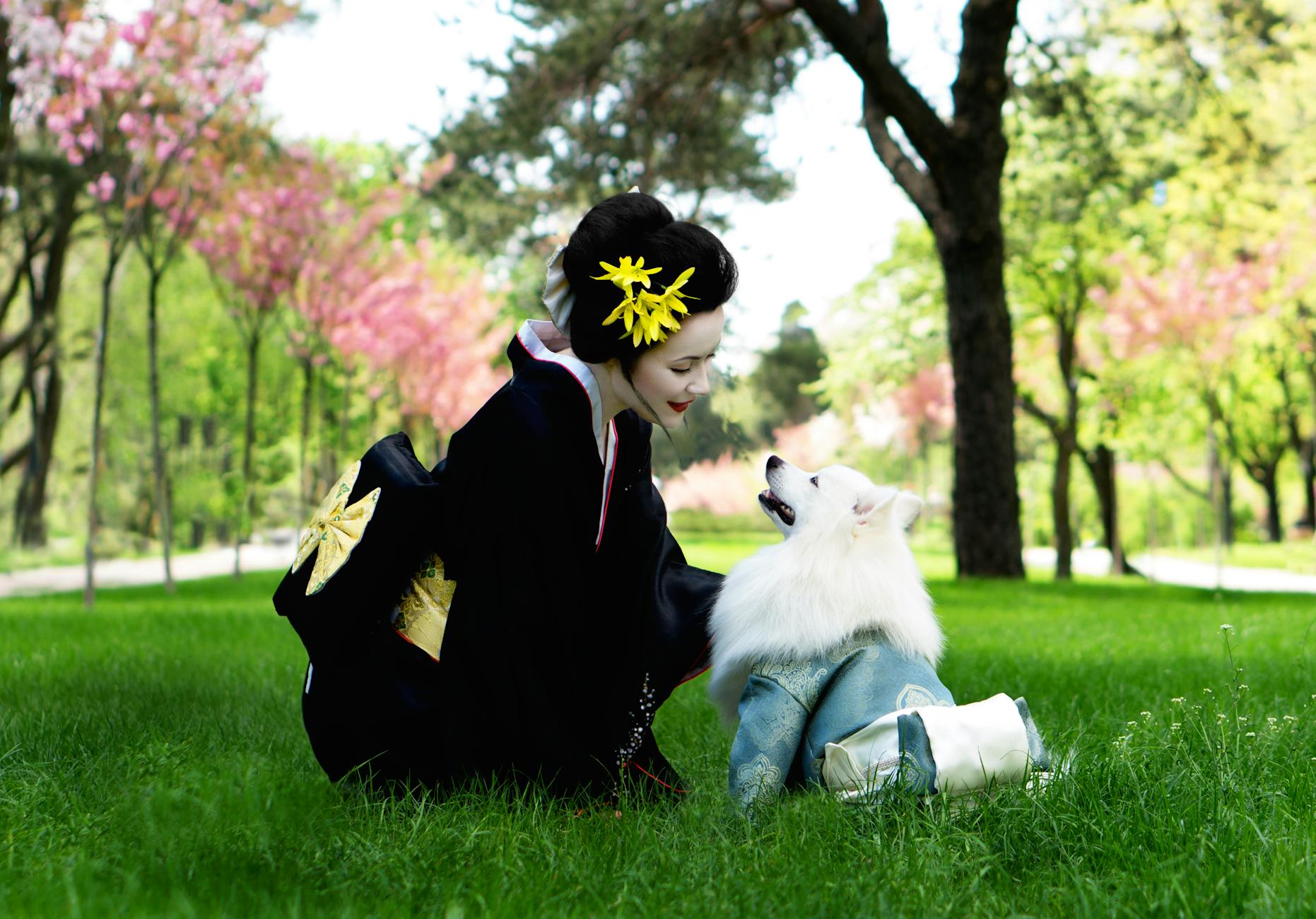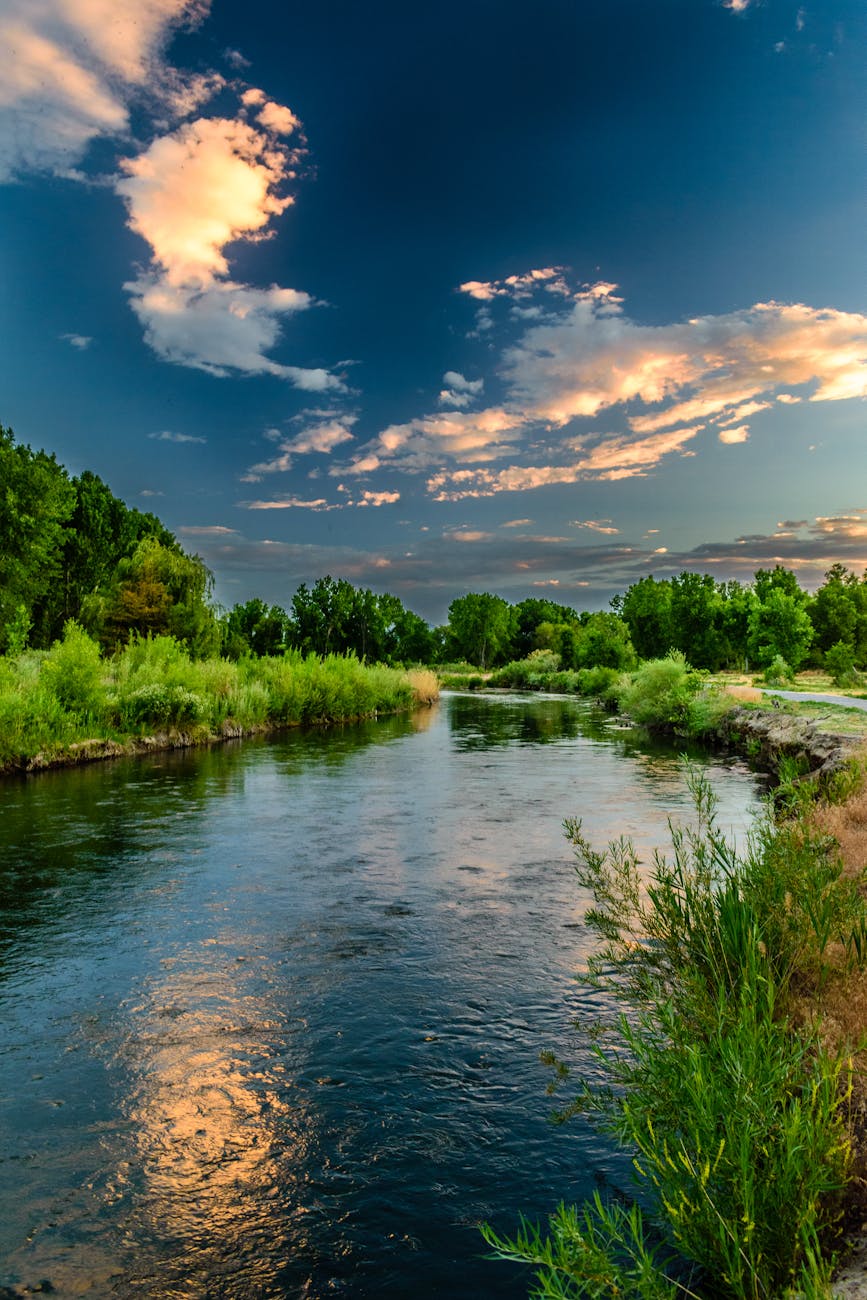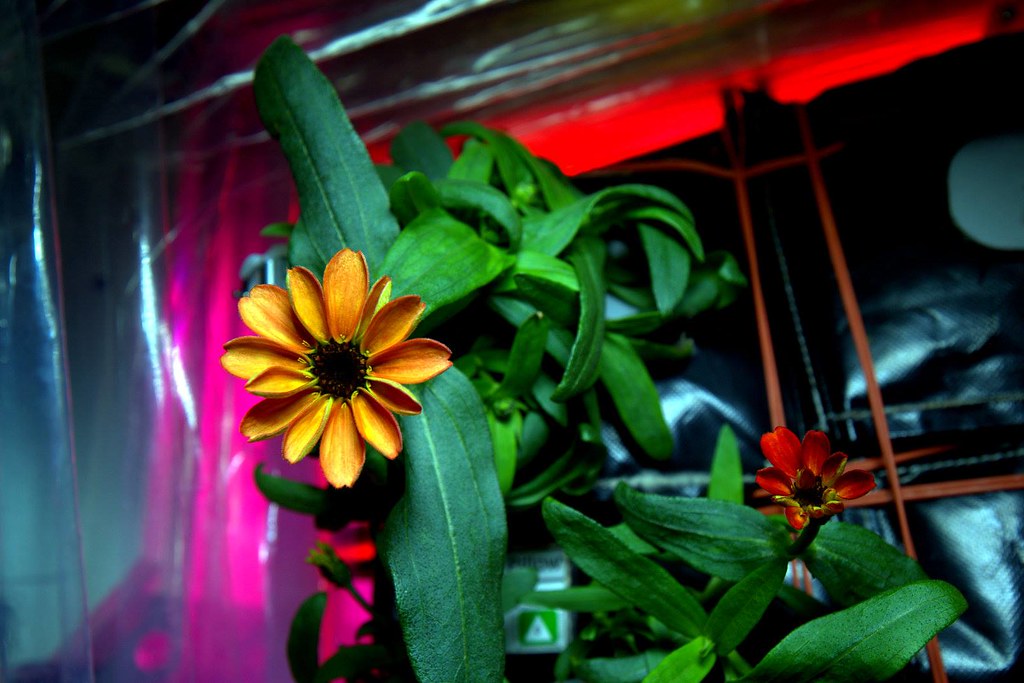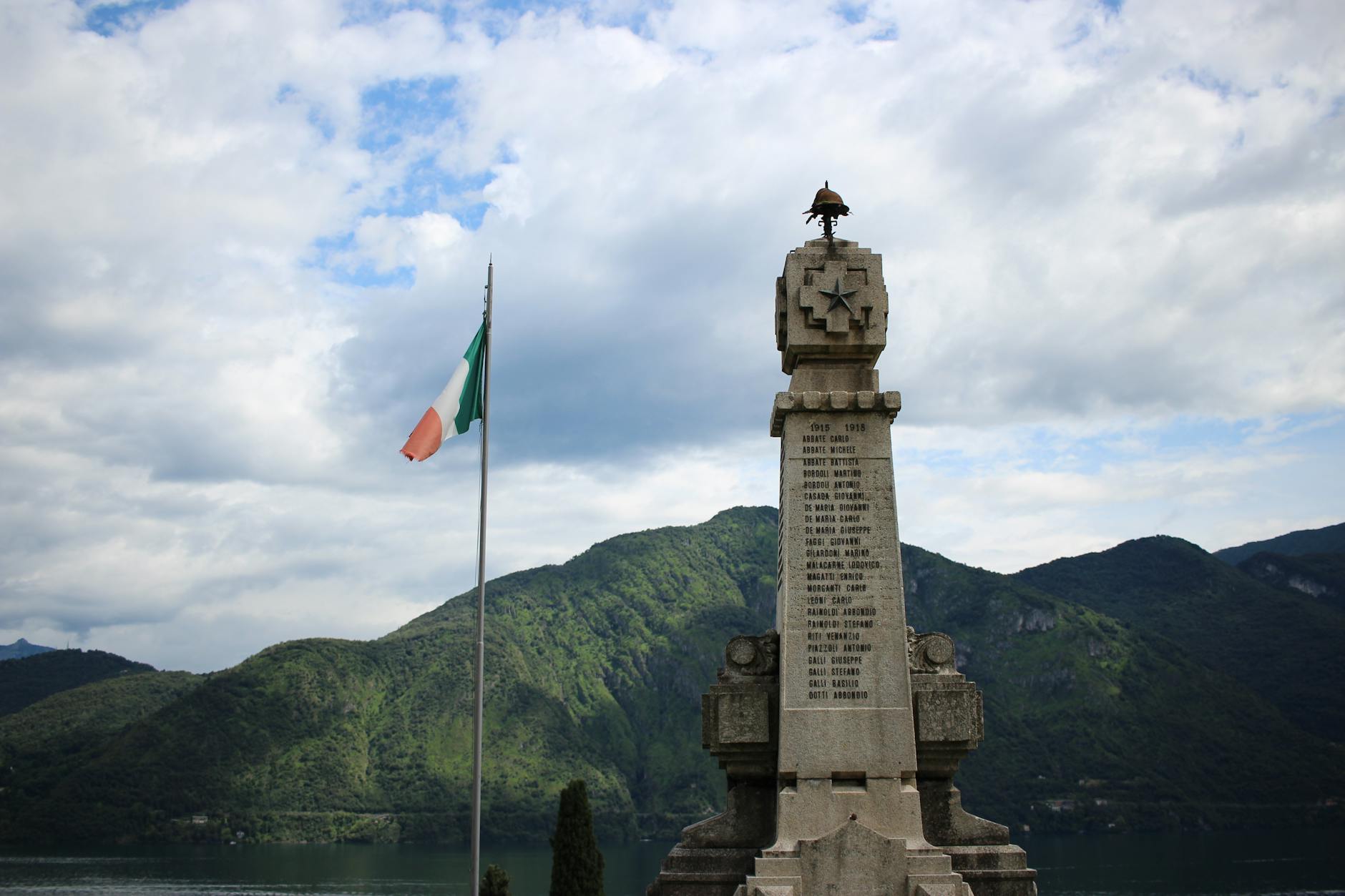In a groundbreaking fusion of human creativity and artificial intelligence, indie musician August Kamp has unveiled a captivating music video for her ambient track “Worldweight,” created entirely using OpenAI’s text-to-video generator, Sora. This collaboration marks a significant milestone in the integration of AI technology with musical expression, offering a glimpse into the future of digital artistry.
The video, shared on OpenAI’s YouTube channel, transports viewers into a fantastical realm where technology and nature coexist in harmony. Fluorescent creatures dance amidst blooming light bulbs and techno-shrines, creating a visual spectacle that perfectly complements Kamp’s ethereal composition. This seamless blend of organic and technological elements mirrors the very process of its creation, where human imagination meets AI capability.
Kamp, who composed “Worldweight” on a synthesizer two years ago during a rainstorm, describes the track as her “absolute heart and soul.” The AI-generated video has allowed her to externalize the vivid mental imagery that accompanied her musical creation, bringing to life what was once “locked behind [her] shut eyes.” This unique ability to visualize and share an artist’s internal creative vision highlights one of Sora’s most promising applications in the creative industry.
While the specific prompts used to generate the video remain undisclosed, the result prominently features water in various forms – rain, snow, ocean, and river streams – echoing the atmospheric conditions that inspired the original composition. This alignment between the song’s origin and its visual representation underscores the potential for AI to intuitively capture and amplify an artist’s intended mood and narrative.
As an AI consultant and tech activist, Kamp brings a unique perspective to this collaboration. Her embrace of AI technology in her artistic process challenges conventional fears about AI’s impact on creative industries. Instead, she positions tools like Sora as enablers of artistic vision, allowing creators to share previously inaccessible dimensions of their work with audiences.
This pioneering project not only showcases the capabilities of OpenAI’s Sora but also ignites discussions about the future of music video production and visual storytelling. As AI-generated content becomes more sophisticated and accessible, it opens up new avenues for artists to express themselves, potentially democratizing high-quality video production and enabling more independent musicians to create visually stunning accompaniments to their work.
The “Worldweight” video serves as a testament to the potential of AI as a collaborative tool in the creative process, rather than a replacement for human artistry. It demonstrates how technology can amplify and externalize an artist’s vision, bridging the gap between imagination and realization in ways previously unattainable.
As OpenAI continues to develop and refine Sora, collaborations like this with August Kamp may become increasingly common, potentially reshaping the landscape of music videos and visual art. This project not only highlights the technical capabilities of AI but also raises intriguing questions about the nature of creativity, authorship, and the evolving relationship between human artists and intelligent machines.
The success of “Worldweight” and its AI-generated video points to a future where the boundaries between different forms of artistic expression become increasingly fluid, driven by the synergy between human creativity and artificial intelligence. As more artists explore these new technological frontiers, we may be witnessing the dawn of a new era in digital art and music production, where imagination knows no bounds and visions once deemed impossible become strikingly real.

